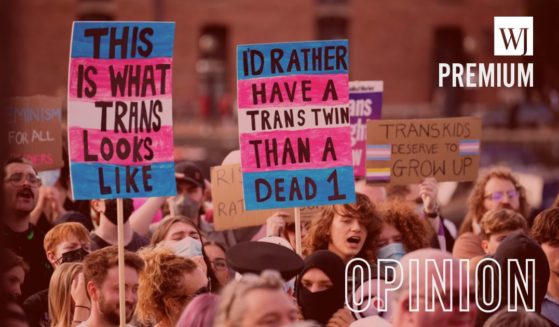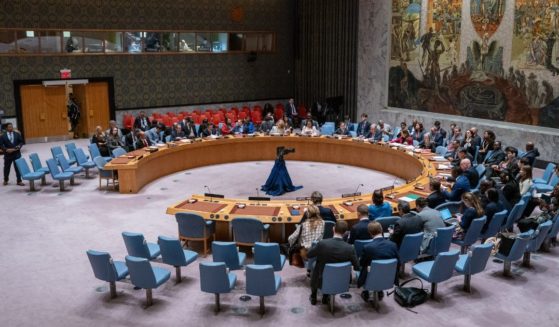EU urges internet giants to work harder fighting fake news
LONDON (AP) — European Union authorities warned leading tech companies including Facebook, Google and Twitter on Tuesday that they need to work harder to combat fake news ahead of upcoming bloc-wide parliamentary elections.
The EU’s executive commissioners said that while the U.S. internet giants have made some progress, they need to pick up the pace of their work fighting disinformation and if their efforts are unsatisfactory, they could face regulation.
The Commission has been turning up the heat on tech companies ahead of the elections scheduled for May, in which millions of people in 27 EU member countries will vote for 705 lawmakers in the bloc’s parliament.
EU officials want to prevent the misuse of social media platforms by foreign groups trying to meddle in elections, and last year singled out Russia as a main source of disinformation in Europe.
Google, Facebook, Twitter and browser maker Mozilla are companies that so far have signed up to a voluntary EU code of conduct on fighting disinformation. The Commission said they’ve made good progress removing fake accounts and limiting sites promoting disinformation.
But officials are concerned that some tools the tech companies have introduced to scrutinize political ads have not yet been rolled out to all of the EU member countries.
“A lot of these initiatives are limited to a number of member states,” EU digital economy commissioner Mariya Gabriel said at a press briefing. “Let’s be clear: fake news knows no borders.”
The four tech companies are scheduled to start filing monthly reports in February on progress eradicating fake news from their platforms.
Twitter has closed fake and bot accounts as it prioritized fighting “malicious actors,” but the EU Commission said it wants to know more about how that will stop “persistent purveyors of disinformation” from promoting their tweets.
Twitter said it continues to “work closely with the European Commission to play our part in tackling” disinformation, including updating its fake accounts policy, improving tools to detect malicious activity, and giving users more options to report manipulation, including flagging fake accounts.
Google said Tuesday that it will now let European political parties and election monitoring groups use Project Shield, a tool developed by its cybersecurity incubator Jigsaw to defend against attacks aimed at overwhelming a website with traffic from multiple sources.
The Commission’s report comes a day after Facebook said it’s tightening up requirements for EU political ads by requiring buyers to confirm their identities and adding them to a public archive providing detailed information on who paid for them and the kinds of people they’ve reached.
EU Security Commissioner Julian King welcomed Facebook’s measures but said the company needed to give European researchers better access to its data. He said it should expand efforts to work with third-party fact-checkers across the EU, up from seven member countries currently.
The Western Journal has not reviewed this Associated Press story prior to publication. Therefore, it may contain editorial bias or may in some other way not meet our normal editorial standards. It is provided to our readers as a service from The Western Journal.
Truth and Accuracy
We are committed to truth and accuracy in all of our journalism. Read our editorial standards.












